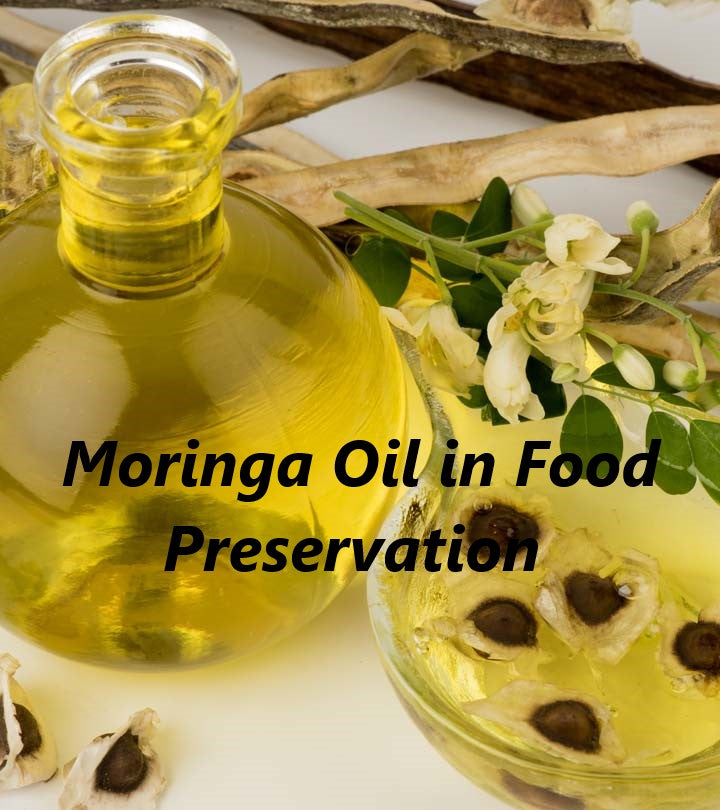In the quest for safer, more natural alternatives to synthetic food preservatives, Moringa oil emerges as a promising candidate. Extracted from the seeds of the Moringa Oleifera tree, often hailed as the "Miracle Tree" for its nutritional and medicinal properties, Moringa oil also possesses potent antimicrobial properties that could revolutionize food preservation. This article delves into the potential of Moringa oil as a natural preservative, focusing on its antimicrobial efficacy, benefits for food safety, and implications for the food industry.
The Antimicrobial Properties of Moringa Oil
Moringa oil contains several bioactive compounds known for their antimicrobial effects. These include oleic acid, which has been shown to disrupt the cell membranes of bacteria and fungi, leading to their inactivation. Additionally, the oil is rich in antioxidants like quercetin and kaempferol, which further contribute to its antimicrobial activity. Studies have demonstrated Moringa oil's effectiveness against a range of foodborne pathogens, including E. coli, Salmonella, and Staphylococcus aureus, highlighting its potential as a broad-spectrum antimicrobial agent.
Benefits of Moringa Oil in Food Preservation
Enhancing Food Safety
By inhibiting the growth of harmful microorganisms, Moringa oil can significantly enhance the safety of food products. Its use as a natural preservative could reduce the reliance on synthetic chemicals, which are often associated with health risks and can alter the taste and quality of food.
Extending Shelf Life
The antimicrobial properties of Moringa oil can extend the shelf life of perishable food items, reducing food waste and improving food security. This is particularly beneficial for fresh produce and minimally processed foods, which are susceptible to rapid spoilage.
Maintaining Nutritional Quality
Unlike some synthetic preservatives that may degrade vitamins and other nutrients, Moringa oil can help preserve the nutritional quality of food. Its antioxidant capacity also protects against oxidative spoilage, further maintaining the food's integrity.
Applications in the Food Industry
Direct Incorporation into Foods
Moringa oil can be directly added to food products as a natural preservative. Its mild flavor and high stability make it suitable for a variety of applications, from baked goods to salad dressings.
Packaging Innovations
The development of active packaging materials infused with Moringa oil is another exciting application. Such packaging can continuously release antimicrobial compounds, offering an additional layer of protection against spoilage and contamination.
Challenges and Future Directions
While the potential of Moringa oil as a natural food preservative is clear, several challenges remain. These include standardizing extraction methods to ensure consistent antimicrobial activity, assessing the sensory impact on different foods, and navigating regulatory approvals for its use in food products. Ongoing research and development efforts are crucial to address these challenges and fully unlock Moringa oil's preservative potential.
Conclusion
Moringa oil's antimicrobial properties offer a natural, effective solution for food preservation, aligning with the growing consumer demand for clean-label products. By harnessing the power of this "Miracle Tree" oil, the food industry can take a significant step toward safer, more sustainable food processing and storage methods. As research continues to unveil the full spectrum of Moringa oil's benefits, its role in food preservation is poised for expansion, promising a future where natural preservatives play a pivotal role in ensuring food safety and quality.

